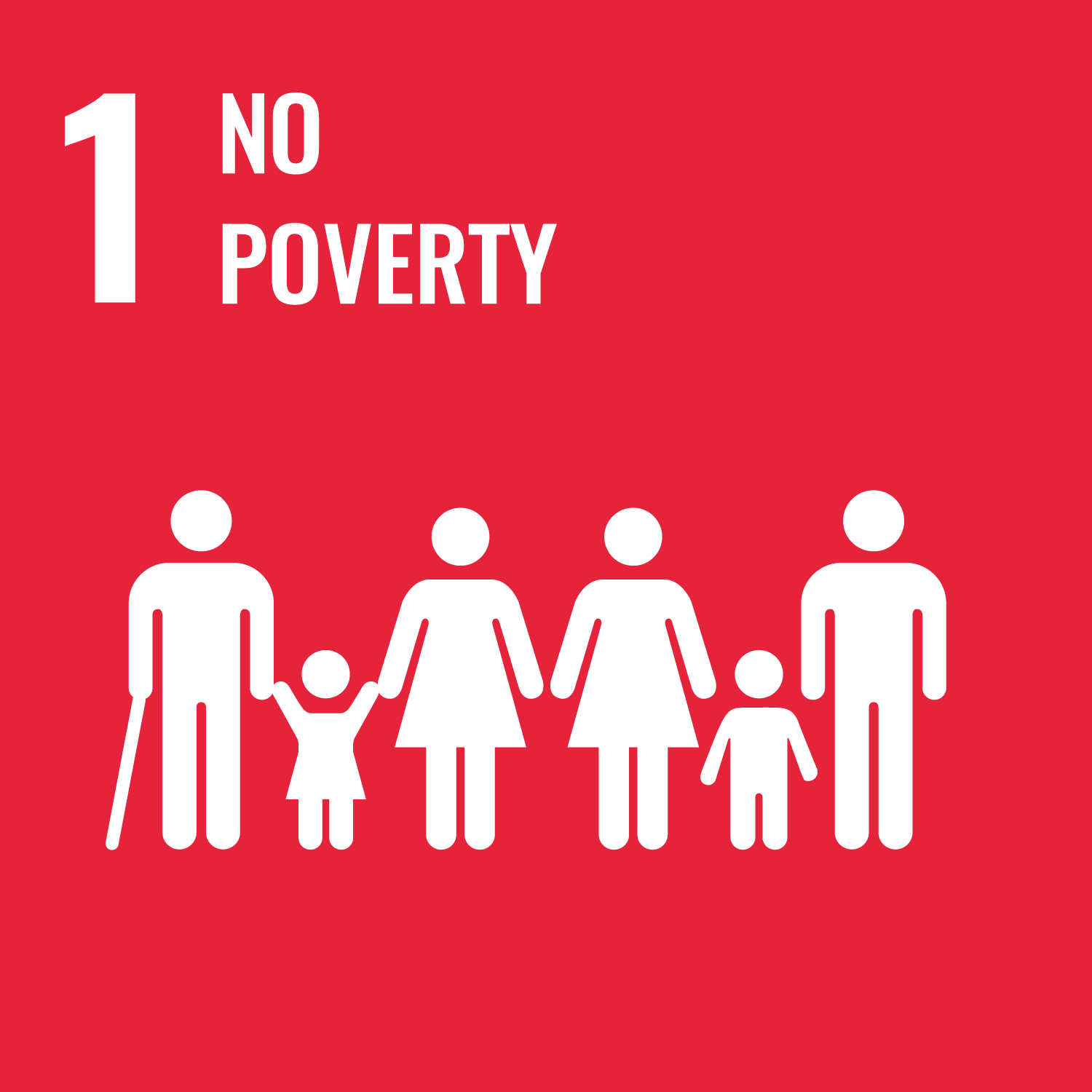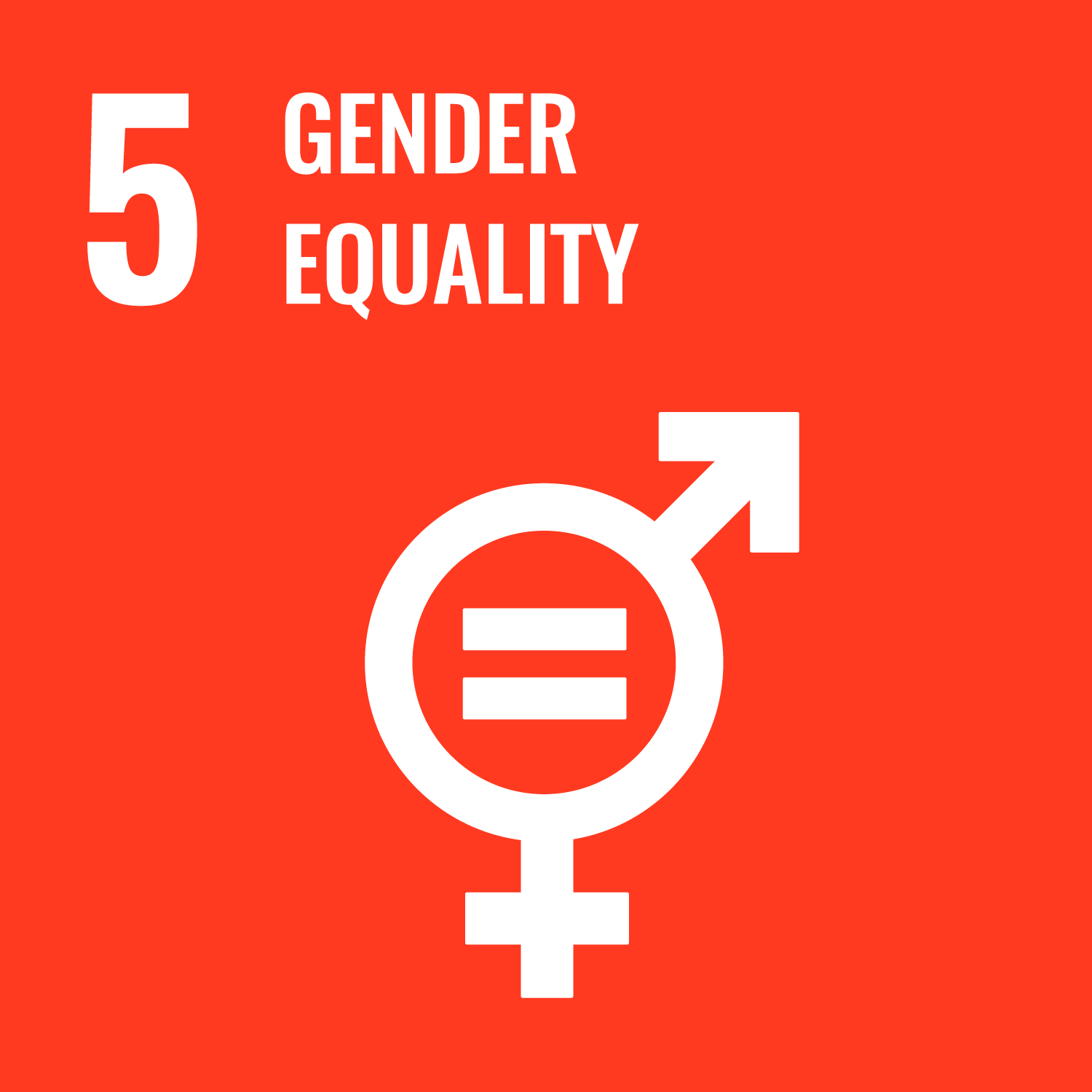Based on our university's founding principle of "nurturing engineers who learn from society and contribute to society," this
course explores how information science contributes to society and integrates with social sciences. Students will be expected
to understand how computational social science, at the forefront of integrating humanities and sciences, contributes to SDGs,
allowing them to visualize the connection between information science and social sciences.
The course introduces the latest research papers in computational social science, explaining their content and encouraging students to consider the social impact of information technology. Students will also explore how generative AI technologies can support their everyday learning.
While the course covers specific data analysis methods and mathematical models, explanations will be based on high school-level science knowledge, making it accessible even for students who are not confident in data or mathematical analysis.
*Note: Some materials (such as slides) may be in English to accurately convey the content of research papers, but the course will be conducted in Japanese.
The course introduces the latest research papers in computational social science, explaining their content and encouraging students to consider the social impact of information technology. Students will also explore how generative AI technologies can support their everyday learning.
While the course covers specific data analysis methods and mathematical models, explanations will be based on high school-level science knowledge, making it accessible even for students who are not confident in data or mathematical analysis.
*Note: Some materials (such as slides) may be in English to accurately convey the content of research papers, but the course will be conducted in Japanese.
1. Understand the focus of computational social science and why social science knowledge is necessary alongside information
science to solve social issues through specific research examples.
2. Explore how generative AI can support learning and understand precautions for its use.
3. Understand the methodology and complexity of solving social issues through data analysis via hands-on projects.
4. Understand the necessity of international and interdisciplinary perspectives in achieving SDG goals.
5. Recognize the ethical issues inherent in computational social science research processes.
2. Explore how generative AI can support learning and understand precautions for its use.
3. Understand the methodology and complexity of solving social issues through data analysis via hands-on projects.
4. Understand the necessity of international and interdisciplinary perspectives in achieving SDG goals.
5. Recognize the ethical issues inherent in computational social science research processes.
- Understand the focus of computational social science.
- Explore how generative AI can support learning and understand precautions for its use.
- Understand the methodology and complexity of solving social issues through data analysis via hands-on projects.
- Understand the necessity of international and interdisciplinary perspectives in achieving SDG goals.
- Recognize the ethical issues inherent in computational social science research processes.
| Peer evaluation from group members | Evaluation from other groups | Instructor evaluation | Attendance | Total. | |
|---|---|---|---|---|---|
| 1. | 4% | 6% | 6% | 4% | 20% |
| 2. | 4% | 6% | 6% | 4% | 20% |
| 3. | 4% | 6% | 6% | 4% | 20% |
| 4. | 4% | 6% | 6% | 4% | 20% |
| 5. | 4% | 6% | 6% | 4% | 20% |
| Total. | 20% | 30% | 30% | 20% | - |
The hands-on group project, which analyzes real data to address social issues, is considered the core of this course.
Final grades will be calculated based on the hands-on project (80 points) + attendance (20 points). The specific evaluation items are as follows. Detailed evaluation criteria will be explained in the first class.
A comprehensive evaluation will be made based on the above, converted to a 100-point scale, with 60 points or more required to pass the course.
Evaluation Item Points
------------------------------------------------------------------------------------
Peer evaluation from group members: Contribution 20 points
Evaluation from other groups: Clarity of presentation 15 points
Evaluation from other groups: Interesting content 15 points
Instructor evaluation: Clarity of presentation 10 points
Instructor evaluation: Appropriateness of methods 10 points
Instructor evaluation: Validity of conclusions 10 points
Attendance 20 points
-------------------------------------------------------------------------------------
A comprehensive evaluation will be made based on the above, converted to a 100-point scale, with 60 points or more required to pass the course.
Final grades will be calculated based on the hands-on project (80 points) + attendance (20 points). The specific evaluation items are as follows. Detailed evaluation criteria will be explained in the first class.
A comprehensive evaluation will be made based on the above, converted to a 100-point scale, with 60 points or more required to pass the course.
Evaluation Item Points
------------------------------------------------------------------------------------
Peer evaluation from group members: Contribution 20 points
Evaluation from other groups: Clarity of presentation 15 points
Evaluation from other groups: Interesting content 15 points
Instructor evaluation: Clarity of presentation 10 points
Instructor evaluation: Appropriateness of methods 10 points
Instructor evaluation: Validity of conclusions 10 points
Attendance 20 points
-------------------------------------------------------------------------------------
A comprehensive evaluation will be made based on the above, converted to a 100-point scale, with 60 points or more required to pass the course.
| Class schedule | HW assignments (Including preparation and review of the class.) | Amount of Time Required | |
|---|---|---|---|
| 1. | Introduction: "What is Computational Social Science?" | Watch the film "The Oxford Murders." | 120minutes |
| 2. | Political Science Focus: From Organization Formation to Polarization | Watch the film "The Great Hack." | 150minutes |
| 3. | Sociology Focus: Crime Prediction and Cultural Measurement | Watch the film "Minority Report." | 140minutes |
| 4. | Economics Focus: Stock Markets and Job Hunting | Watch the film "The Social Network." | 120minutes |
| 5. | Complex Systems Focus: Measuring the Complexity of Human Behavior | Watch the film "The Butterfly Effect." | 120minutes |
| 6. | Large Language Models Focus: Intelligence vs. Imitation | Watch the film "Her." | 120minutes |
| 7. | Media Studies Focus: Biased Algorithms | Watch the film "Searching." | 120minutes |
| 8. | Information Ethics Focus 1: Computational Privacy and the Veil of Ignorance | Play the game "Trolley Problem of Armageddon." | 60minutes |
| 9. | Information Ethics Focus 2: AI Values vs. Human Values | Watch the film "Avengers: Age of Ultron." | 120minutes |
| 10. | Methodology Focus: Social Geometry and Causal Learning | Read Chapter 1 of "How to Lie with Statistics." | 120minutes |
| 11. | Hands-on Project Practice: Select Your Research Topic | Group work | 120minutes |
| 12. | Hands-on Project Practice: Data Collection | Group work | 120minutes |
| 13. | Hands-on Project Practice: Data Analysis | Group work | 120minutes |
| 14. | Hands-on Project Practice: Presentation of Results and Q&A | Group work | 120minutes |
| Total. | - | - | 1670minutes |
| ways of feedback | specific contents about "Other" |
|---|---|
| 授業内と授業外でフィードバックを行います。 |
None specified as the course content is based on the latest research papers.
Attendance at the first class is mandatory, as detailed explanations about the course content, and evaluation criteria will
be provided.
- Email communication to the designated contact
- Questions are welcome at any time during the hands-on project practice sessions
- Course that cultivates an ability for utilizing knowledge
- Course that cultivates a basic interpersonal skills
- Course that cultivates a basic problem-solving skills
| Work experience | Work experience and relevance to the course content if applicable |
|---|---|
| N/A | N/A |




- 1.NO POVERTY
- 5.GENDER EQUALITY
- 10.REDUCED INEQUALITIES
- 13.CLIMATE ACTION
Last modified : Wed Mar 12 04:11:36 JST 2025
